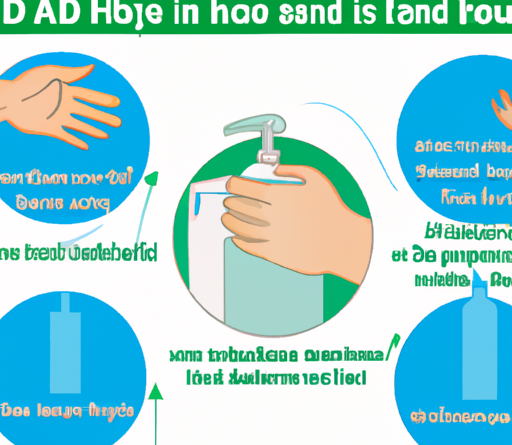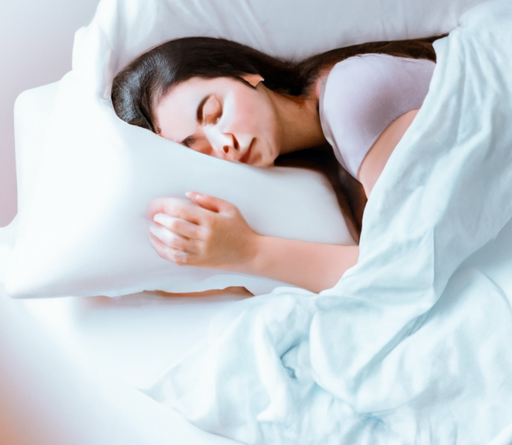
In this article, we will be discussing how to fall asleep faster. If you struggle with getting a good night’s rest, don’t worry, we’ve got you covered. Throughout this article, you will learn various useful techniques and tips on how to sleep better and fall asleep more quickly. So, if you’re tired of tossing and turning, keep reading to discover how to improve your sleep quality and get the restful night you deserve.
Table of Contents
How to Fall Asleep Faster
Understanding the Importance of Sleep
Sleep plays a crucial role in maintaining overall health and well-being. It is during sleep that our bodies repair and rejuvenate themselves. Lack of sleep can have serious consequences on our physical and mental health, as well as our productivity.
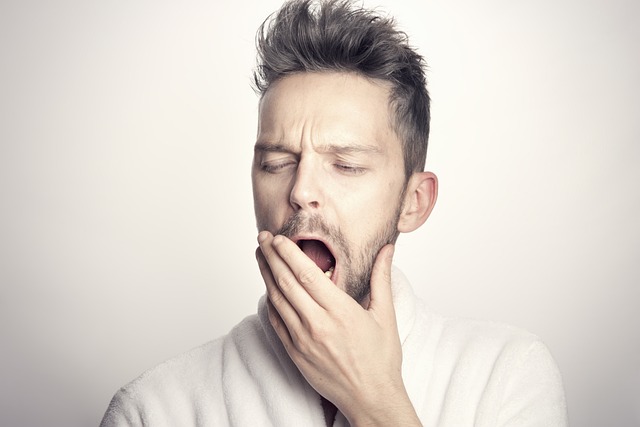
The role of sleep in overall health
Sleep is essential for our bodies to function properly. It regulates important processes such as hormone production, metabolism, and immune system function. During sleep, our bodies repair damaged cells and consolidate memories. It also promotes healthy brain function and emotional well-being.
The consequences of sleep deprivation
Not getting enough sleep can lead to a wide range of health problems. Chronic sleep deprivation has been linked to an increased risk of conditions such as obesity, diabetes, heart disease, and depression. It can also impair cognitive function, memory, and concentration, making it difficult to perform daily tasks efficiently.

The connection between quality sleep and productivity
Quality sleep is directly linked to productivity. When we are well-rested, we are better equipped to focus, solve problems, and make decisions. Sleep deprivation, on the other hand, can lead to decreased attention span, poor judgement, and decreased productivity. Finding ways to fall asleep faster and improve sleep quality is essential for optimizing productivity.
Identifying Common Sleep Disorders
Sleep disorders can significantly impact our ability to fall asleep and maintain a restful sleep throughout the night. Understanding these disorders and their symptoms can help us address the underlying issues and seek appropriate treatment.
Insomnia: Causes and symptoms
Insomnia is a common sleep disorder characterized by difficulty falling asleep or staying asleep. It can be caused by factors such as stress, anxiety, and depression. Symptoms of insomnia include trouble falling asleep, waking up frequently during the night, and feeling tired upon waking.
Sleep apnea: Understanding the condition
Sleep apnea is a sleep disorder in which breathing repeatedly stops and starts during sleep. It is typically caused by a blockage or collapse of the airway. Common symptoms of sleep apnea include loud snoring, gasping for air during sleep, and excessive daytime sleepiness.
Restless leg syndrome: Symptoms and treatment options
Restless leg syndrome is a condition characterized by an uncontrollable urge to move one’s legs, often accompanied by uncomfortable sensations. Symptoms usually worsen at night, making it difficult to fall asleep. Treatments for restless leg syndrome may include medications, lifestyle changes, and self-care strategies.
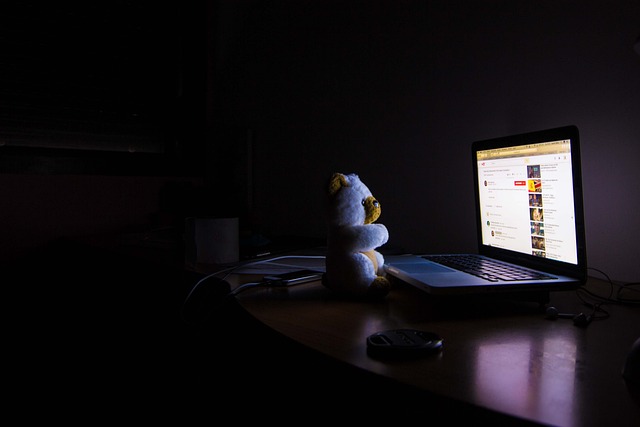
Creating a Peaceful Sleep Environment
Creating a peaceful sleep environment is essential for falling asleep faster and improving sleep quality. The following strategies can help eliminate distractions and optimize the conditions for a restful sleep.
Eliminating distractions in the bedroom
Your bedroom should be a sanctuary for sleep. Remove any electronic devices such as televisions, computers, or smartphones that can cause distractions and interfere with your sleep. Consider using blackout curtains or a sleep mask to block out any excess light.
Optimizing the room temperature and lighting
The temperature and lighting in your bedroom can greatly affect your sleep quality. Set the room temperature to a cool and comfortable level that suits your preferences. Use soft, dim lights or bedside lamps to create a calming and relaxing atmosphere.
Choosing an appropriate mattress and pillow
Investing in a supportive and comfortable mattress and pillow can make a significant difference in your sleep quality. Choose a mattress that provides adequate spinal support and alleviates pressure points. Similarly, opt for a pillow that offers proper neck and head support.
Developing a Consistent Sleep Routine
Establishing a regular sleep routine is key to falling asleep faster and maintaining a consistent sleep schedule. Consistency signals to your body that it’s time to wind down and can help regulate your sleep patterns.
Establishing a regular sleep schedule
Try to go to bed and wake up at the same time every day, even on weekends. This helps regulate your body’s internal clock and improves sleep quality. Consistency also enhances the effectiveness of your sleep routine.
Creating a relaxing bedtime routine
Develop a pre-sleep routine that helps you relax and unwind before bed. This could include activities such as reading a book, taking a warm bath, or practicing relaxation techniques like deep breathing or meditation. Avoid stimulating activities, such as watching TV or using electronic devices, as they can interfere with your ability to fall asleep.
The role of exercise in promoting better sleep
Regular exercise can contribute to better sleep quality. Engage in physical activity during the day, but avoid intense exercise close to bedtime as it can increase your heart rate and make it harder to fall asleep. Aim for at least 30 minutes of moderate exercise most days of the week.
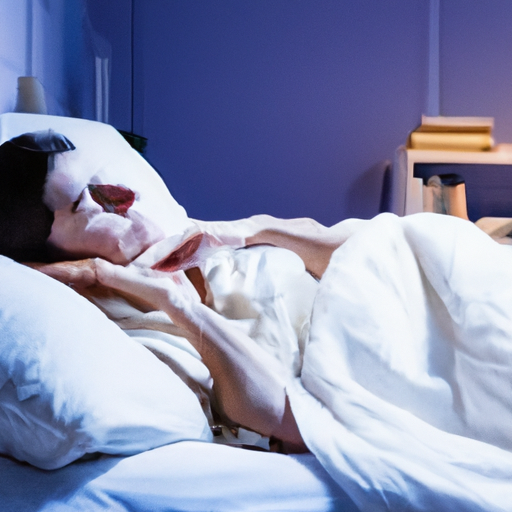
Managing Stress and Anxiety Before Bed
stress and anxiety can significantly impact your ability to fall asleep quickly. Implementing relaxation techniques and practicing mindfulness can help ease your mind before bed.
Implementing relaxation techniques
Try incorporating relaxation techniques into your bedtime routine. Deep breathing exercises, progressive muscle relaxation, and guided imagery can help reduce stress and induce a state of relaxation conducive to sleep.
Practicing mindfulness and meditation
Mindfulness meditation involves focusing your attention on the present moment without judgment. Practicing mindfulness before bed can help calm racing thoughts and promote a sense of tranquility, making it easier to fall asleep.
Journaling and its impact on sleep quality
Writing down your thoughts and concerns in a journal before bed can help unload your mind and reduce anxiety. Jotting down a to-do list for the next day can also help alleviate worries about forgetting important tasks, allowing you to relax and prepare for sleep.
Avoiding Stimulants and Promoting Healthy Habits
Certain substances and lifestyle choices can interfere with your ability to fall asleep and stay asleep. Avoiding stimulants and adopting healthy habits can optimize your sleep.
The effects of caffeine and nicotine on sleep
Caffeine and nicotine are stimulants that can disrupt your sleep. Avoid consuming coffee, tea, soda, and nicotine products close to bedtime, as their effects can linger and keep you awake.
Balancing fluid intake before bedtime
While it’s important to stay hydrated, try to balance your fluid intake in the evening. Drinking excessive fluids before bed can result in more frequent trips to the bathroom, disrupting your sleep. Limit your fluid intake a few hours before bedtime to minimize disruptions.
The role of a balanced diet in sleep optimization
A balanced diet plays a significant role in sleep optimization. Avoid heavy and spicy meals close to bedtime, as they can cause indigestion and discomfort. Instead, opt for light, easily digestible snacks if you need something before bed.
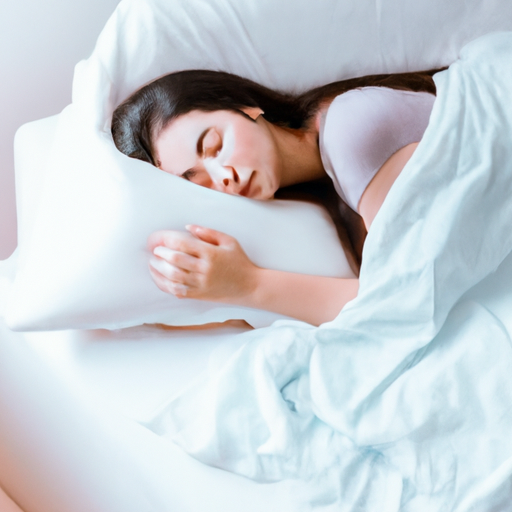
Utilizing Natural Remedies for Better Sleep
Certain natural remedies can promote better sleep and help you fall asleep faster. Consider incorporating these into your nighttime routine.
Herbal teas and their calming effects
Certain herbal teas, such as chamomile or lavender tea, have calming properties that can help relax your body and mind. Enjoying a warm cup of herbal tea before bed can create a soothing ritual and prepare you for sleep.
Aromatherapy: Using essential oils for relaxation
Essential oils, like lavender or chamomile, can have a calming effect on the mind and body. Use a diffuser or apply a few drops to your pillow before bed to experience their relaxing benefits.
Supplements that may aid in improving sleep quality
Certain supplements, such as melatonin or magnesium, may aid in improving sleep quality. Consult with a healthcare professional before adding any supplements to your routine to ensure they are safe and appropriate for you.
Techniques for Falling Asleep Quickly
When struggling to fall asleep, certain techniques can help relax your body and mind, making it easier to drift off.
Progressive muscle relaxation
Progressive muscle relaxation involves tensing and releasing each muscle group in your body, helping to relieve tension and induce relaxation. Start from your toes and work your way up to your head, progressively relaxing each muscle.
Counting techniques and visualization exercises
Counting techniques, such as counting backwards from 100 or counting sheep, can redirect your mind from racing thoughts to a more soothing focus. Visualization exercises involve imagining peaceful or calming scenes, allowing your mind to drift and relax.
Breathing exercises for relaxation
Deep breathing exercises can activate your body’s relaxation response, slowing down your heart rate and promoting relaxation. Practice deep belly breathing, inhaling deeply through your nose and exhaling slowly through your mouth.
Addressing Sleep Disruptions and Nighttime Awakenings
Occasional sleep disruptions and nighttime awakenings are common. Having strategies in place to manage these interruptions can help you fall back asleep more easily.
Dealing with disturbances and noises
If external disturbances or noise awaken you at night, consider using earplugs or white noise machines to drown out unwanted sounds. Creating a calm and quiet sleep environment can ensure uninterrupted sleep.
Coping with nightmares and night sweats
Nightmares or night sweats can disrupt sleep and make it difficult to fall asleep again. To cope with nightmares, try relaxation techniques before bed and avoid consuming stimulating content before sleep. To manage night sweats, keep your sleep environment cool and use moisture-wicking bedding.
Strategies for managing late-night awakenings
If you find yourself awake in the middle of the night, avoid looking at the clock or reaching for your phone, as this can increase anxiety about not being able to fall asleep. Instead, try getting up and engaging in a calming activity, such as reading or listening to soft music, until you feel sleepy again.
Conclusion
Falling asleep faster and improving sleep quality is essential for maintaining overall health, productivity, and well-being. By understanding the importance of sleep, addressing common sleep disorders, creating a peaceful sleep environment, developing a consistent sleep routine, managing stress and anxiety, avoiding stimulants, utilizing natural remedies, and practicing techniques for falling asleep quickly, you can optimize your sleep and wake up feeling refreshed and energized. Remember, a good night’s sleep starts with prioritizing your sleep habits and making positive changes. Sweet dreams!







